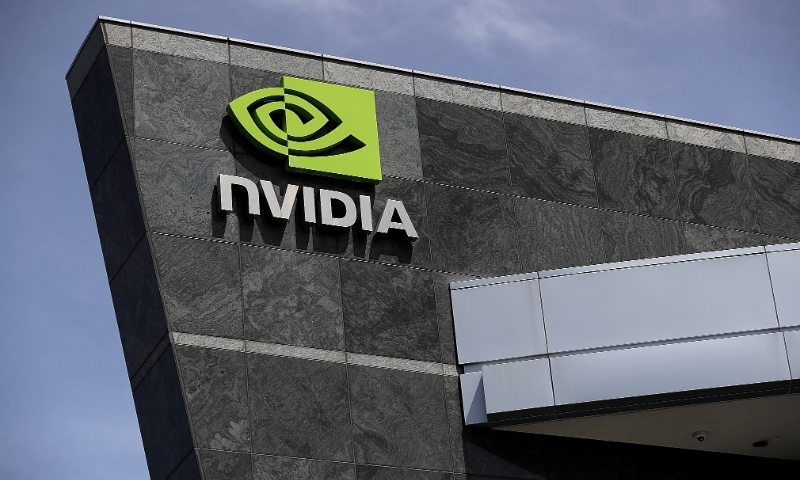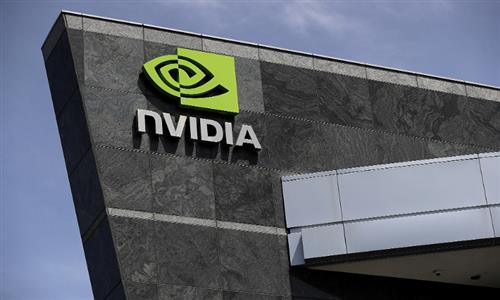Nvidia’s naming of Huawei as top competitor in AI shows US crackdown against China has backfired: analysts

Photo: VCG
US chipmaker Nvidia has reportedly identified Chinese tech company Huawei as a top competitor in several categories including artificial intelligence (AI) chips, a move which industry observers said underscored the rapid climb-up of Chinese companies' tech prowess, fueled by their stepped-up research and development (R&D) investments and the explosive demand in homegrown markets.
The naming also sends a stern warning to Washington and other US tech companies, Chinese analysts said, as it invalidates the US relentless crackdown on Chinese tech industry. The year-long blockade has backfired, leading to the creation of more Chinese rivals who are set to slice billions of dollars off US tech companies in the global semiconductor market in the coming years.
For the first time in a filing with the Securities and Exchange Commission, Nvidia identified Huawei as a top competitor in supplying chips designed for AI, such as graphics processing units (GPUs), central processing units (CPUs) and networking chips, according to a Reuters report.
Industry insiders said what Nvidia referred was Huawei's Ascend series of chips: Ascend 910 processor which supports AI full-scenario application and Ascend 310, which is mainly applied in lower-power consumption area such as edge computing. They were all built upon Huawei's self-developed Da Vinci architecture.
Reuters reported in November that Chinese tech company Baidu has ordered 1,600 of Huawei' 910B Ascend AI chips - which the Chinese firm developed as an alternative to Nvidia's A100 chip - for 200 servers.
"There has been no clear elaboration on the performance of Huawei's self-developed 910B chipsets. But industry insiders have speculated that it is highly likely to function better than Nvidia's modified AI chips tailored for the Chinese market," Ma Jihua, a veteran telecom observer, told the Global Times on Friday.
Nvidia CEO Jensen Huang said the company is currently offering customers samples of its two new AI chips aimed at the China market, according to media reports.
The US company's business in China has taken a bite over Washington's chip ban. According to its financial report released on Wednesday, Nvidia reportedly recorded sales of $1.9 billion in the China market in the fiscal fourth quarter which ended on January 28, amounting to about 9 percent of total sales, compared with 22 percent in the previous quarters.
Ma said that as long as the export curbs persist, it is "only a matter of time" that US companies' shares in the Chinese market will be fully replaced by domestic alternatives.
"There's also a scale effect for Chinese firms to accelerate the catch-up process. As demands soar and Chinese chipmakers' shipments expand, the cost of production will be further brought down, further threatening US companies' core competitiveness," Ma expounded, adding that they will also compete head-to-head in the global market in the future.
It is estimated that the value of China's AI chip market could hit over 100 billion yuan ($13.89 billion) in 2025, according to a report by market research institute IDC.
Ma noted that Washington will eventually shoot themselves in the feet, making US tech companies the genuine victims of the US government's malicious tech curbs on China.
Nvidia said in the annual report that if there are further changes in US export controls on chips, its competitive position has been harmed and could be further impacted in the long term.
Global Times

